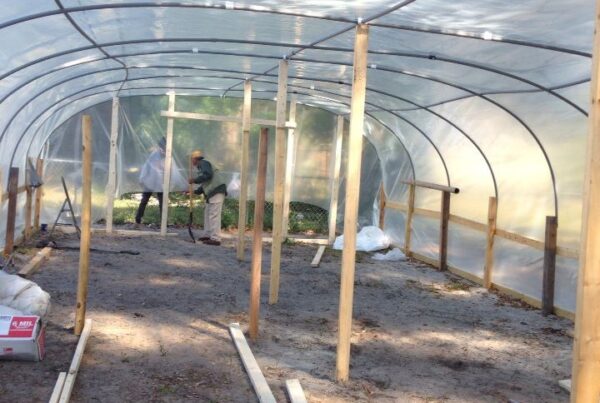There is no doubt that many impoverished communities need access to healthy, quality, culturally relevant food. But it ought to be fresh food that will support our local farmers who are also suffering from a broken food system and nourish the bellies of our babies while simultaneously stimulating economic and community development.
If you have been following the conversation around the lack of fresh foods available in certain districts across the country, then you have probably heard the label “food desert.” More and more, this term is being used to justify the existence of large corporate grocery chains in poor communities. Food activist LaDonna Redmond explains:
“The use of the phrase ‘food desert’ creates a set of problems. The first problem is the term suggests that economic development is at the expense of community development.
[It’s] really nothing more than a marketing term. Food desert identifies for corporate America how to sell cheap, off brand food to our community. When we know that cheap, highly processed food is at the crux of the rise in chronic diet related diseases.
In the end, the term masks the real harm of the U.S. corporate controlled food system by suppressing the ability of community entrepreneurs to develop and finance scalable community solutions. The danger of accepting the food desert philosophy is that it masks the real problem of the corporate controlled food system: poverty and hunger.” I couldn’t agree more.
This term has been thrown around by the USDA, anti-hunger advocates and large supermarkets themselves like Wal-Mart to explain their existence in communities facing food hardship and ultimately those same corporate chains receive subsidies that aren’t available to smaller, local entrepreneurs. The arrival of these retailers that are supposed to help the community many times help to set the stage for gentrification, as well as not paying a living wage job to residents, if the jobs are even available to them at all.




